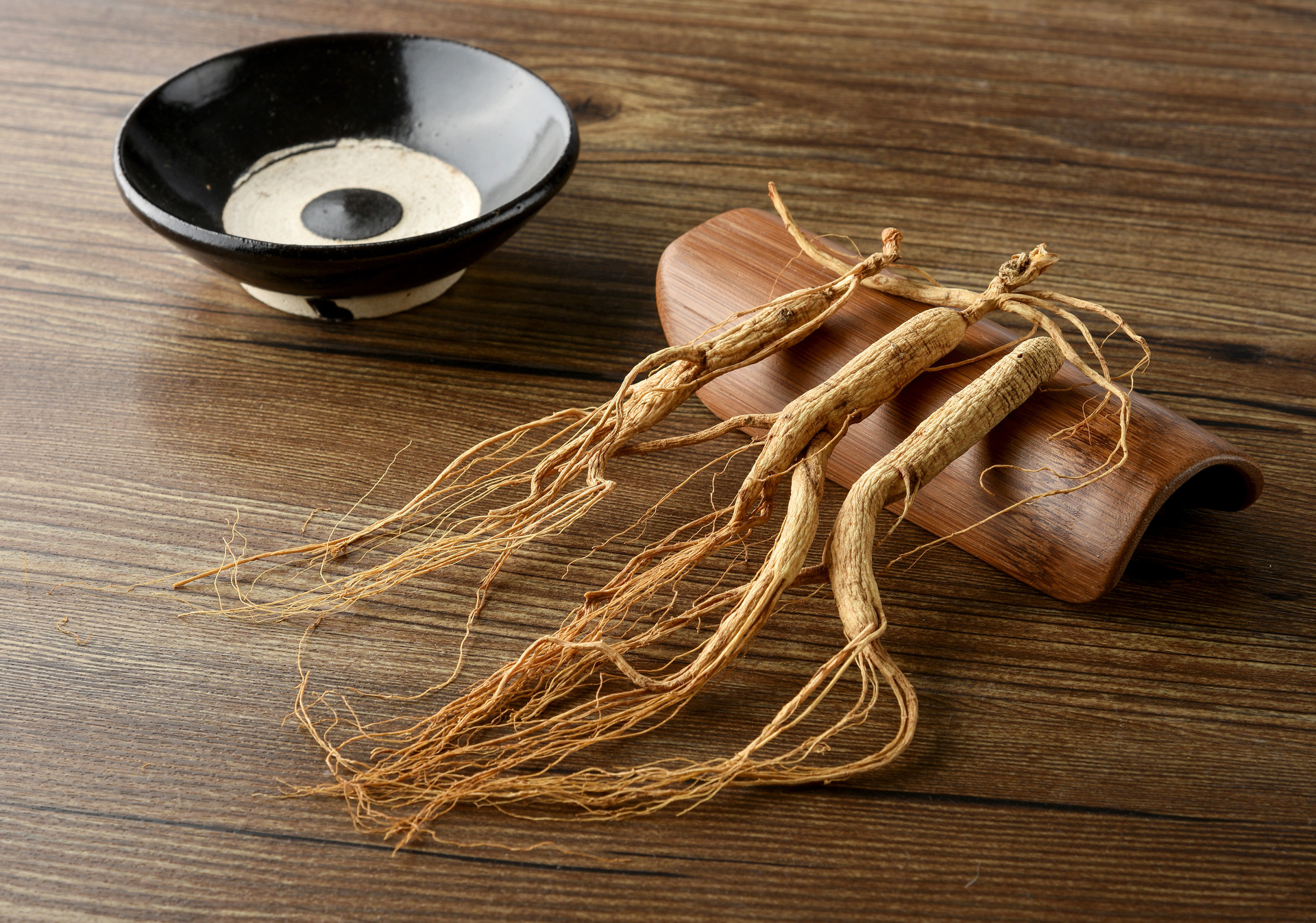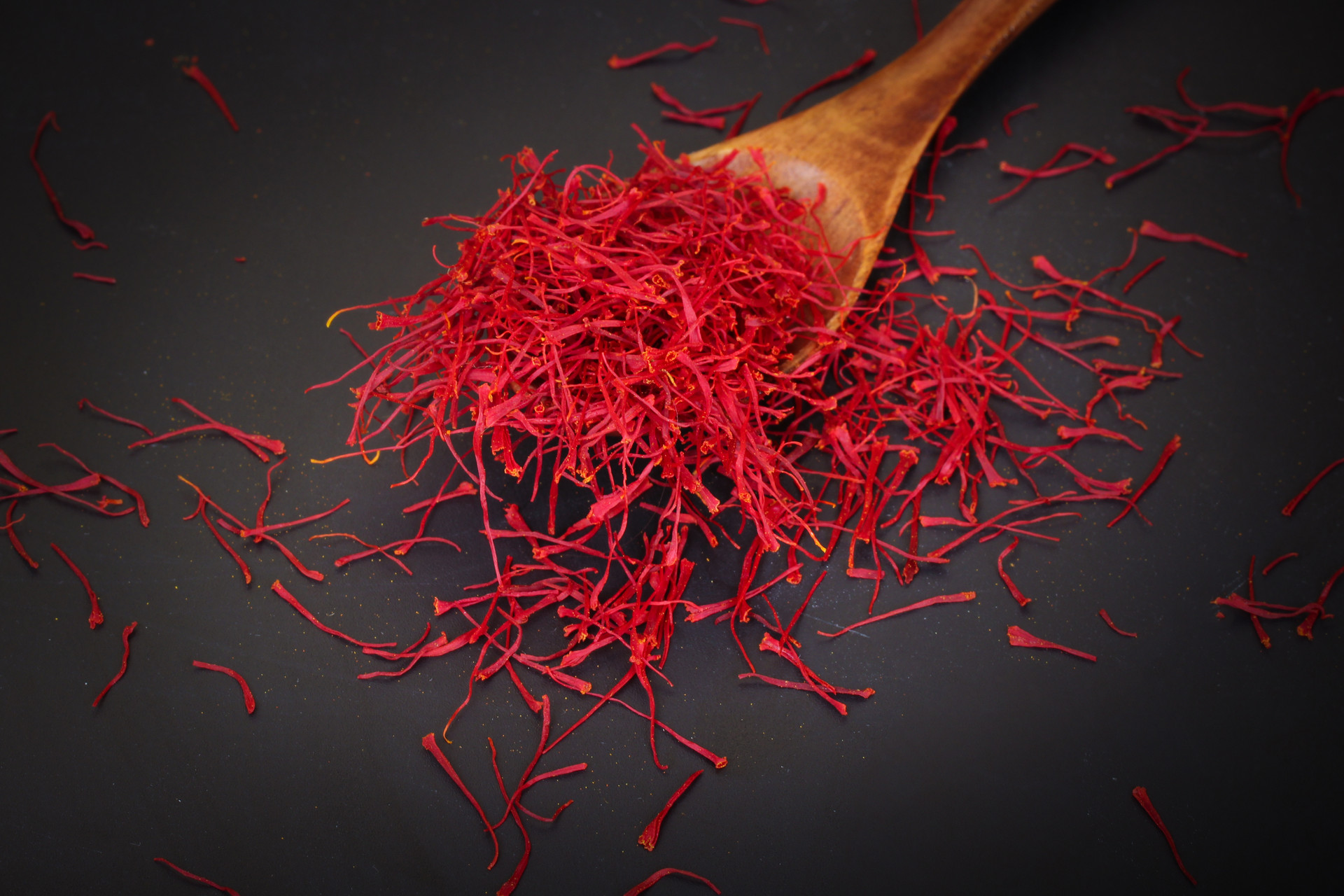It is well known that improper diet is one of the risk factors for stroke, and it is also closely related to the treatment and rehabilitation of stroke. So what foods should stroke patients avoid eating?
Avoid fatty and rich foods
Indulging in fatty and rich foods is one of the high-risk factors for stroke. Therefore, after stroke, especially, it is important to pay attention to a light diet, with high levels of vitamins, fiber, calcium, low fat, and low cholesterol. Otherwise, the intake of fatty and rich foods will be absorbed into the blood, leading to increased blood viscosity and affecting normal blood circulation, which may worsen the condition of stroke.
Avoid alcohol
Alcohol is both a risky food for stroke and can reduce the responsiveness of stroke medication. Therefore, stroke patients must strictly avoid alcohol during the period of illness.
Avoid high-sodium foods
Hypertension is a risk factor for stroke, and excessive intake of sodium can easily lead to high blood pressure. Therefore, during the treatment of stroke, stroke patients should control their sodium intake, and it is best to keep daily sodium intake below 5 grams.
Avoid foods with warm and drying properties
Foods with warm and drying properties refer to foods that have warm and nourishing effects, such as lamb, dog meat, deer meat, and deer antler wine. Most stroke patients have a constitution of yin deficiency and yang hyperactivity, and these foods have a warm and hot yang-boosting effect, which can further stimulate the yang energy and hinder the treatment. Therefore, they are also on the list of foods to avoid.
Other restrictions
During the treatment of stroke, certain therapeutic drugs may react with certain foods and should be taken into consideration. For example, stroke patients taking medications containing Radix Rehmanniae should avoid eating radishes, and patients taking potassium aescinate tablets should avoid drinking milk before and after taking the medication. Although these restrictions are temporary, they should still be taken seriously.












